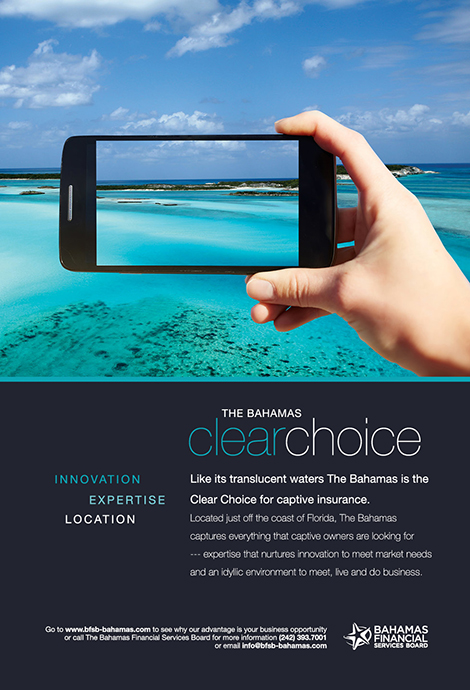A.M. Best rated captives based in Bermuda, the Cayman Islands, and Barbados continue to outperform the US commercial casualty composite on underwriting and operating profitability, according to the latest market segment report.
The A.M. Best report highlighted that although off-shore tax benefits for US owners/sponsors “diminished” following the enactment of the Tax Cuts and Jobs Act (TCJA) of 2017, captives are not established for tax saving purposes, and these jurisdictions continue to grow.
The benefits and consistency of local captive management and a captive-friendly regulatory environment have enabled Bermuda, the Cayman Islands, and Barbados to maintain and even grow their foothold in the captive market.
The report stated that about two thirds of rated Bermuda, Cayman Islands and Barbados captives are owned by US-based businesses or, in the case of group captives, are aligned with US groups and associations.
The remaining rated captives are mostly single-parent captives sponsored by a broad group of owners in Japan, Taiwan, Colombia, Saudi Arabia, and Europe.
The largest captive managers and advisors have a broad global reach, providing services that go beyond the domicile and location of owner/sponsor, which the report suggested has enabled “both strong retention as well as growth in the number of captives regulated in Bermuda, the Cayman Islands, and Barbados as other domiciles have popped up over the last 20 years”.
A.M. Best’s ratings on Bermuda, the Cayman Islands, and Barbados captives remain largely in the A to A- range, reflecting the companies’ generally robust balance sheets, their integrated risk management practices, managements’ in-depth knowledge of the risks insured, and the inherent advantages of being owned by member insureds or by larger organisations with extensive resources and financial flexibility.
The report suggested that innovation remains paramount, explaining that captives have two primary reasons for wanting to innovate such as to better address their member owners’ needs and to realise operational efficiencies.”
Captives are no longer formed solely to protect against the lack of available capacity or peaks in the market cycle, but have become a solution for companies interested in flexibility, risk financing, and more hands-on risk management for enhanced safety, loss control, and loss prevention, according to A.M. Best.
These companies have essentially taken more ownership of their risks, making captives increasingly integral to corporations around the globe. Gaining efficiencies and improving margins through loss prevention and lower reinsurance costs have played important roles, it was explained.
Emerging and disruptive technologies are affecting all kinds of industries in a multitude of ways,
through the use of artificial intelligence, predictive analytics, data warehousing, and data mining.
Captives, because of their expertise, the homogeneity of the risks they insure, and their close proximity to those risks, tend to be more nimble than the insurance industry overall and have
generally been able to adapt and improve outcomes faster than the standard market.
The report stated: “Captives also benefit from rate and form flexibility and are often able to develop and adopt new coverage options as they work with their reinsurance partners on pricing and coverage terms.”
Historically, captives have achieved less success with systems and technology-led innovations, but some are now taking advantage of the developments in digitisation that make it easier and more cost-effective to write third-party business to strengthen their relationships with key partners.
A.M. Best added: “They are also gaining some diversification advantages. Big data and actuarial developments are supporting captives with the underwriting of new products, whether for the benefit of their parents or third parties.”






